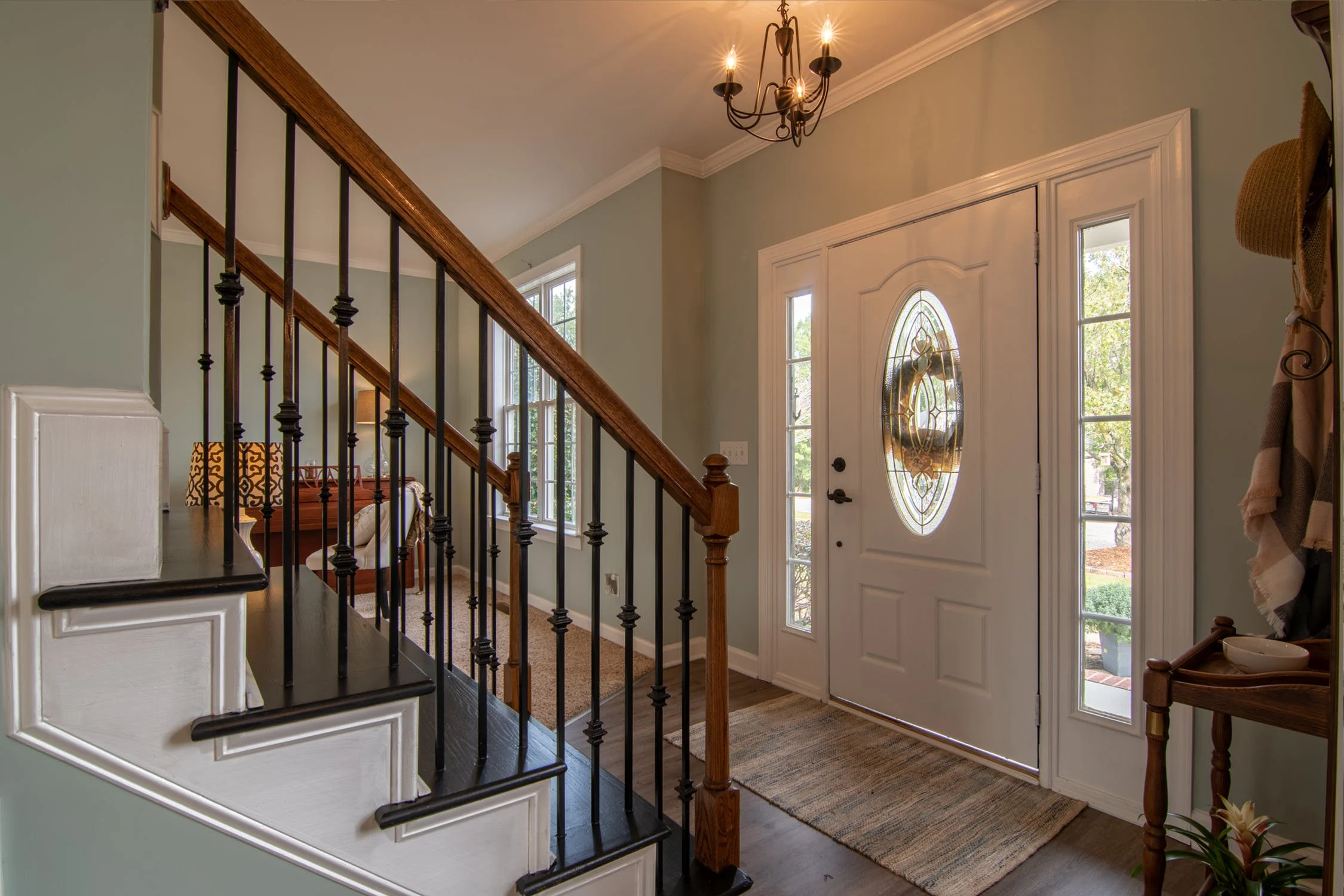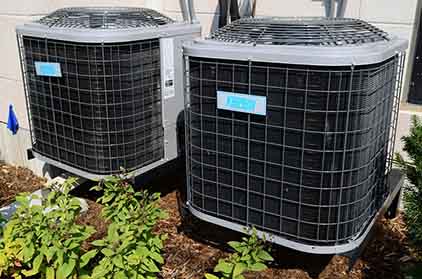When a heater or an air conditioner stops working or seems to have a problem, people tend to think that they need to replace it. Actually HVAC is a system as opposed to a single unit. If any part of the HVAC system isn’t working properly, you will not reap the benefits of the system. So you need to hire someone who can evaluate the whole system and make a recommendation.
There are many handymen who call themselves an HVAC contractor without the necessary credentials. All you need is a van/truck with a big signage on it and people will believe that you are an HVAC contractor. Hiring such a person in the short run could seem like a money-saving idea, but in the long run it could end up costing you more and create unnecessary and avoidable headaches.
Learn how to spot a good HVAC contractor who can help you keep your home comfortable for a long time to come.
Don’t consider someone who will quote you over the phone
When someone gives you a quote over the phone after listening to the issues you are having with your heating or air conditioner, it should be a warning sign for you. This person is probably not a licensed contractor.
An HVAC contractor will insist on coming to your house to check the ducts, registers, insulation, etc. They would do a thorough evaluation of the state of your HVAC system to give you an estimate. It is called a SYSTEM for a reason: it is not just a furnace or an air conditioner. If the supporting structures for these units don’t function well, you can have the best appliance and yet not be comfortable in your home.
When a contractor comes to your house to give you an estimate, be wary of someone who gives you an estimate by just looking at the appliances. Get 3rd party verification from Dept. of Energy (proper sizing of heating and AC) The genuine contractor will want to check the crawl space, attic, ducts, and survey the house before giving you an estimate. If they don’t do this, their estimate and their work could cost you more in the long run.
Select a contractor who is licensed by the Contractors State License Board
In the state of California, anyone who works on HVAC system is required by law to be licensed. The license allows you to manipulate gas lines and electrical & plumbing as it relates to HVAC. A person without sufficient knowledge could endanger much more than just the HVAC system. You may check for someone’s licence at https://www.cslb.ca.gov/OnlineServices/CheckLicenseII/CheckLicense.aspx
Being licensed means that you have met a set of minimum requirements for the job, and now are authorized by the state to conduct business in that state.
Most importantly, if a contractor does a shoddy job, you can complain to the State License Board. If you hire a handyman to manipulate your HVAC system and if it ends up costing you more than necessary, you have only yourself to blame.
Get written estimate & warranties
As the saying goes, “The biggest fallacy about communication is that it has taken place.” A verbal quote is liable to be misunderstood or misinterpreted.
Your contractor should send you a written estimate of what the job entails and an estimate of what it would cost to do the work. Everything that will be done should be written down, including anything that will need to be bought.
This is important for 2 reasons. First, you can see if there’s something missing in your understanding of the work. Second, the estimate becomes a legal, binding contract that you can fall back on, if you need to take the contractor to court.
If they warranty parts or work, then you should get it in writing. Find out how long it will take them to come back and fix the issue.
Check the HVAC contractor online
Not only should you check the contractor’s license on the California State License Board, you should also research the contractor online.
Check out the contractor’s website. A website is a place where the contractor gets to present his skills and expertise. You will also learn about the person, how they work, and any testimonials from other clients. The website should certainly have his license on his website.
On websites like Yelp and Google, you should be able to see the kind of work this contractor has done for other people. You will also get a feel for the nature of the contractor – on time, tidy, honest, pays attention to detail, doesn’t talk much, etc.
Increasingly NextDoor is becoming a place where neighbors trust other neighbors’ experiences. These are great referrals because they have presumably used the contractor’s services. Unlike Yelp where you can get spurious reviews, NextDoor reviews are genuine and trustworthy.
Don’t pick a person because they quoted the lowest price
Is it tempting to pick the contract with the lowest bid? Yes!! Should you pick the contractor based on price? No!!!
Even though your urge may be to save a few dollars and pick the contractor with the lowest bid, you will be served much better going with a contractor who has the experience, track record of fantastic installations, and happy clients. Make sure you are comparing apples to apples; the higher price may be getting you better quality of work along with a better service.
Picking a contractor based on price alone could cost you a lot more in the long run.
Get a comfortable home and save yourself money by going with a licensed and trustworthy HVAC company.
Call Sal at 650-575-3915 for quality heating and cooling service. If something happens with a new installation, we will come out right away to fix it.









